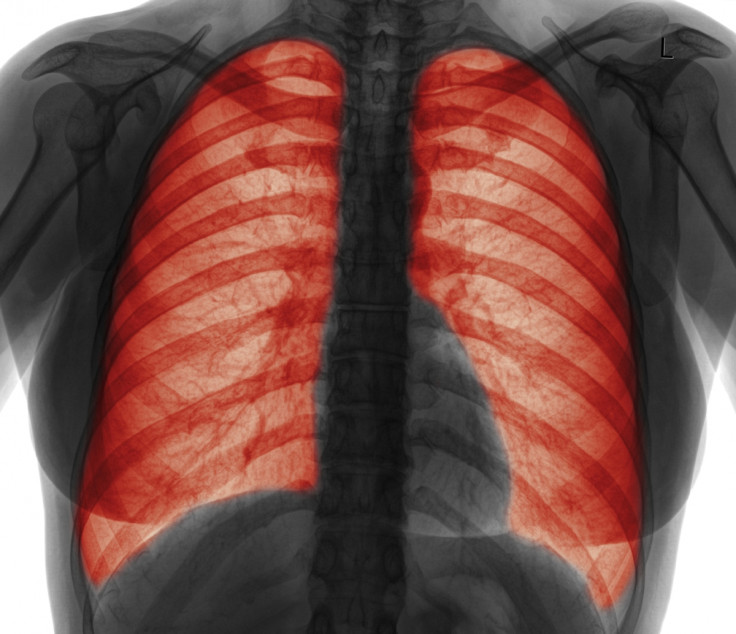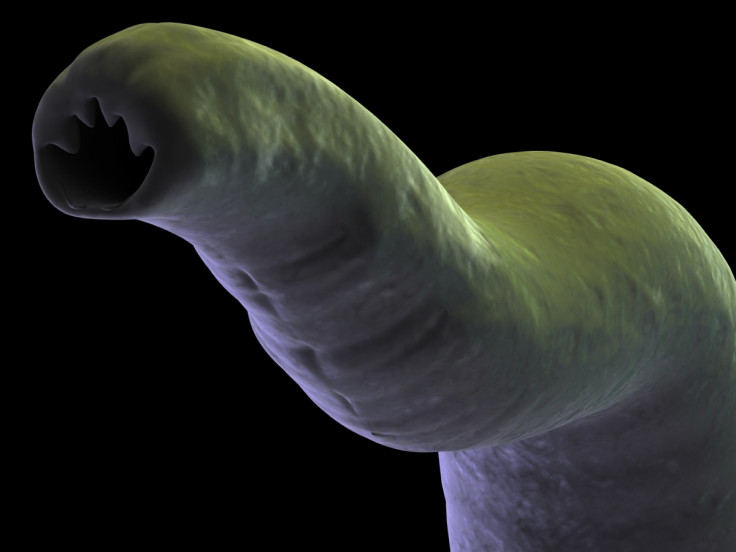Viking worm infestations caused genetic changes that have resulted in emphysema

Scandinavian Vikings are the reason emphysema is so common today, as the genetic disorder which causes the respiratory disease, is the very same evolutionary quirk that evolved to protect Vikings from parasitic worms. Researchers investigated ancient Viking toilets, and found they ate plenty of foods contaminated with parasitic worms, which prompted their immune system to evolve as a defence against them.

The study, published in Scientific Reports, describes how the biological cause of emphysema is due to an enzyme, known as protease. This protease is made naturally by our immune system – but is also a by-product of parasitic-worm infestation.
The study used data collected from the site of a Viking latrine. The previous research collected soil samples from the site, and extracted the DNA from parasitic worm eggs they uncovered. They could then tell the species of worm which infected humans, and then infer their populations.
"Vikings would have eaten contaminated food, and parasites would have migrated to various organs," said Richard Pleass, senior author of the research. "[This includes the] lungs and liver, where the proteases they released would cause disease."
The body naturally produces the protein, A1AT, to combat proteases. These proteins reinforce antibodies to stop the proteases breaking through the last barrier to the body's organs.
A1AT proteins evolved in response to these worms – more precisely, in response to the proteases they produced. These new proteins, known as deviant A1AT proteins, further prevented any proteases from causing damage to vital organs. This ultimately meant that disease in Vikings was limited.
However, the research also shows that the same immune defences – the protein A1AT – are not needed as much in modern day humans, as medicine negates its usage. This allows emphysema and chronic obstructive pulmonary disease to take hold unobstructed, as the body's natural defences are somewhat reduced.
That said, this evolutionary response was not catered towards the use of modern-day medicine. Seeing as we now treat worms pharmaceutically, deviant A1AT do not have as much work to do.
This means that they build up, and also cause a deficiency of the standard (non-deviant) A1AT. A lack of A1AT means proteases can attack easier, causing respiratory diseases – a problem that is now genetic.

"It is only in the last century that modern medicine has allowed human populations to be treated for disease causing worms," said Pleass. "Consequently, these deviant forms of A1AT, that once protected people from parasites, are now at liberty to cause emphysema and COPD."
This is the first research which explains why these diseases are so common today - affecting nearly 5% of the global population.
The excavations of Danish Viking latrine pits finally explains this trend, as A1AT proteins were needed much more during the Viking Age - roughly 1,000 years ago.
There are more than 1,000 species of parasitic worm that can infect the human body. Roughly 30% live in the intestine of humans, whilst the other 70% can be found almost anywhere - including the blood, organs, eyes and even sinus cavities.
© Copyright IBTimes 2024. All rights reserved.







